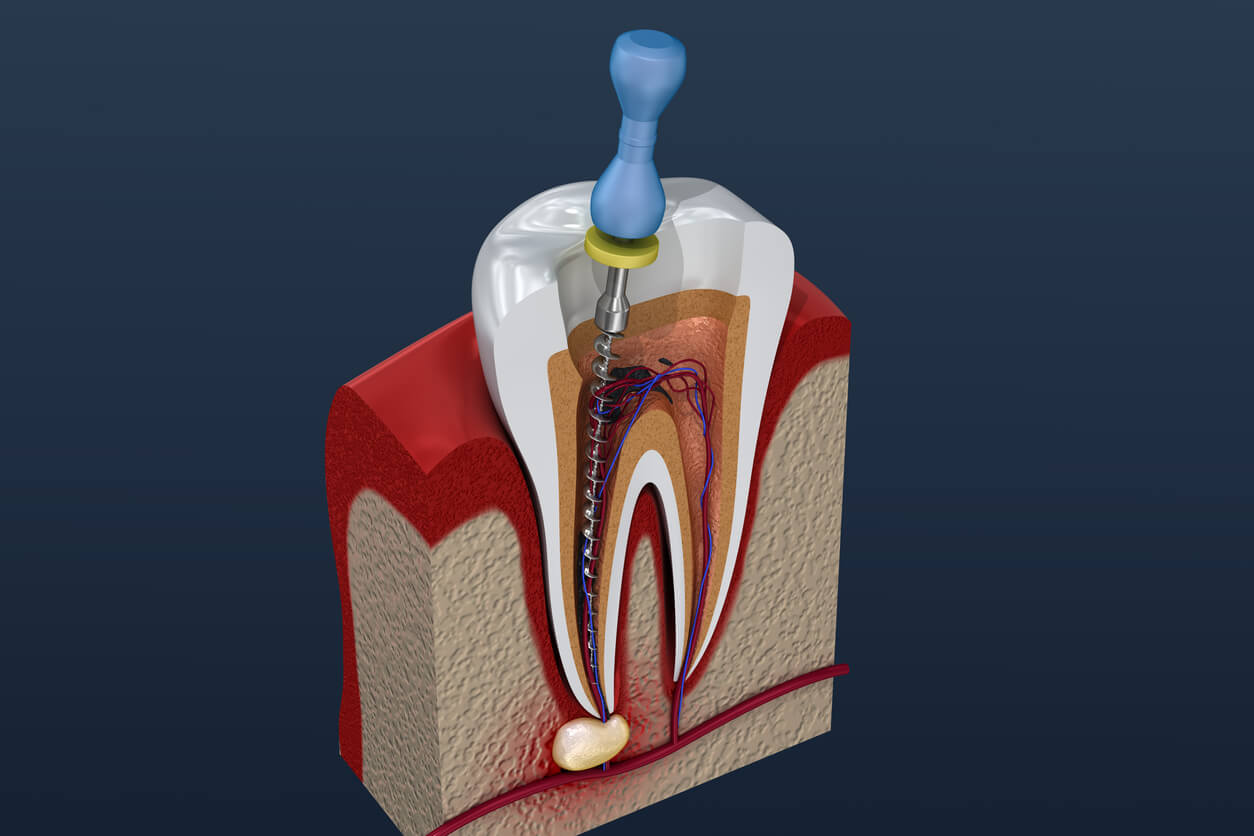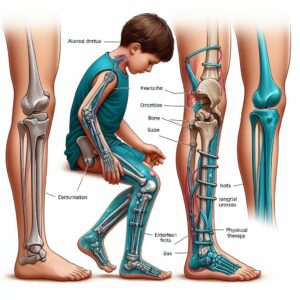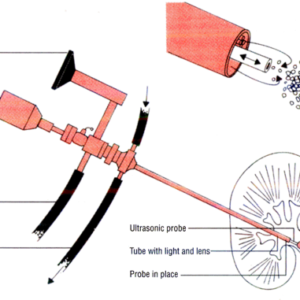Description
Familiarity with Treatment
Regenerative endodontics is a dental treatment approach that aims to replace damaged pulp tissue with viable tissue, promoting the regeneration and restoration of the pulp-dentin complex. It involves the use of bioengineering principles, including the interaction of stem cells, scaffolds, and growth factors, to stimulate tissue regeneration and healing within the root canal system.
Who is it Suitable for?
Regenerative endodontics is suitable for individuals, especially children and young adults, who have immature permanent teeth with necrotic (non-vital) pulps. It is typically recommended when there is a potential for further root maturation and the regeneration of damaged root canal tissue. This treatment approach is particularly beneficial for preserving the natural tooth structure and function.
Who is it Not Suitable for?
Regenerative endodontics may not be suitable for individuals with certain systemic diseases, uncontrolled diabetes, chronic liver disease, chronic kidney disease, or certain blood disorders due to potential postoperative complications. Additionally, individuals with psychological illnesses or those who are pregnant may not be suitable candidates for this procedure.
Advantages
- Revitalization of the tooth, promoting continued root development and potentially increasing fracture resistance.
- Restoration of the pulp-dentin complex, leading to the regeneration of damaged tissue and the preservation of natural tooth function.
- Potential alternative treatment option for managing root resorption and other challenging cases.
Complications
- Postoperative pain, swelling, and discomfort may occur, especially if the tooth had significant infection or complications prior to the regenerative endodontic treatment.
- The success of regenerative endodontics may vary depending on individual cases, and in some instances, further intervention or alternative treatments may be necessary.
Preoperative Care
Before undergoing regenerative endodontic treatment, a comprehensive assessment of the affected tooth is performed by a dental professional. This may involve a review of the patient’s medical history, evaluation of any existing dental conditions, and the use of imaging techniques (such as X-rays) to assess the suitability of the tooth for regenerative treatment. Preoperative care may also involve discussing the treatment plan, potential risks, and expected outcomes with the dental professional.
Postoperative Care
After regenerative endodontic treatment, postoperative care may involve managing pain and discomfort, as well as following specific instructions provided by the dental professional. This may include taking prescribed medications, practicing good oral hygiene, and attending follow-up appointments to monitor the healing process. It is important to follow any dietary restrictions or recommendations provided by the dentist to ensure proper healing.





Reviews
There are no reviews yet.